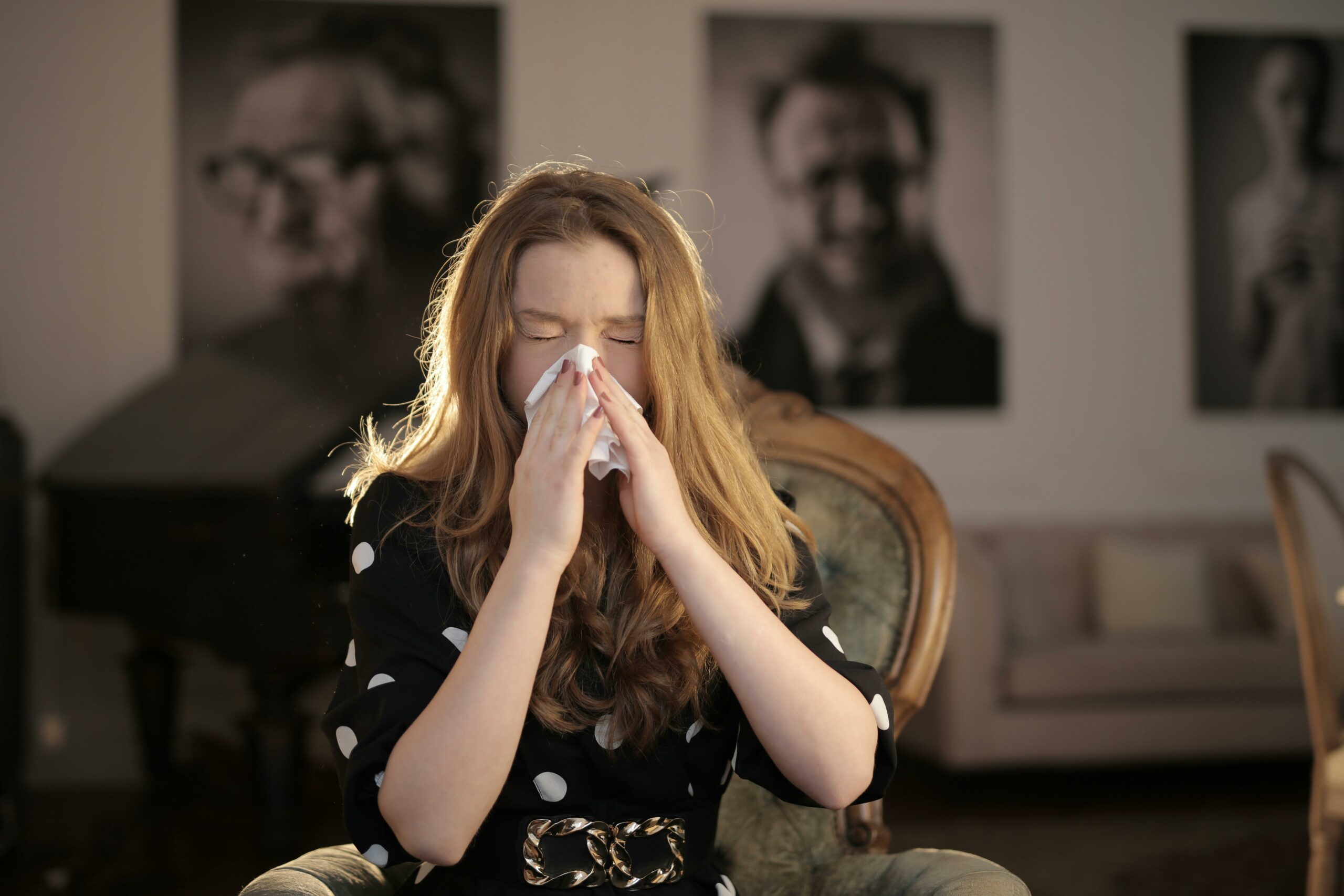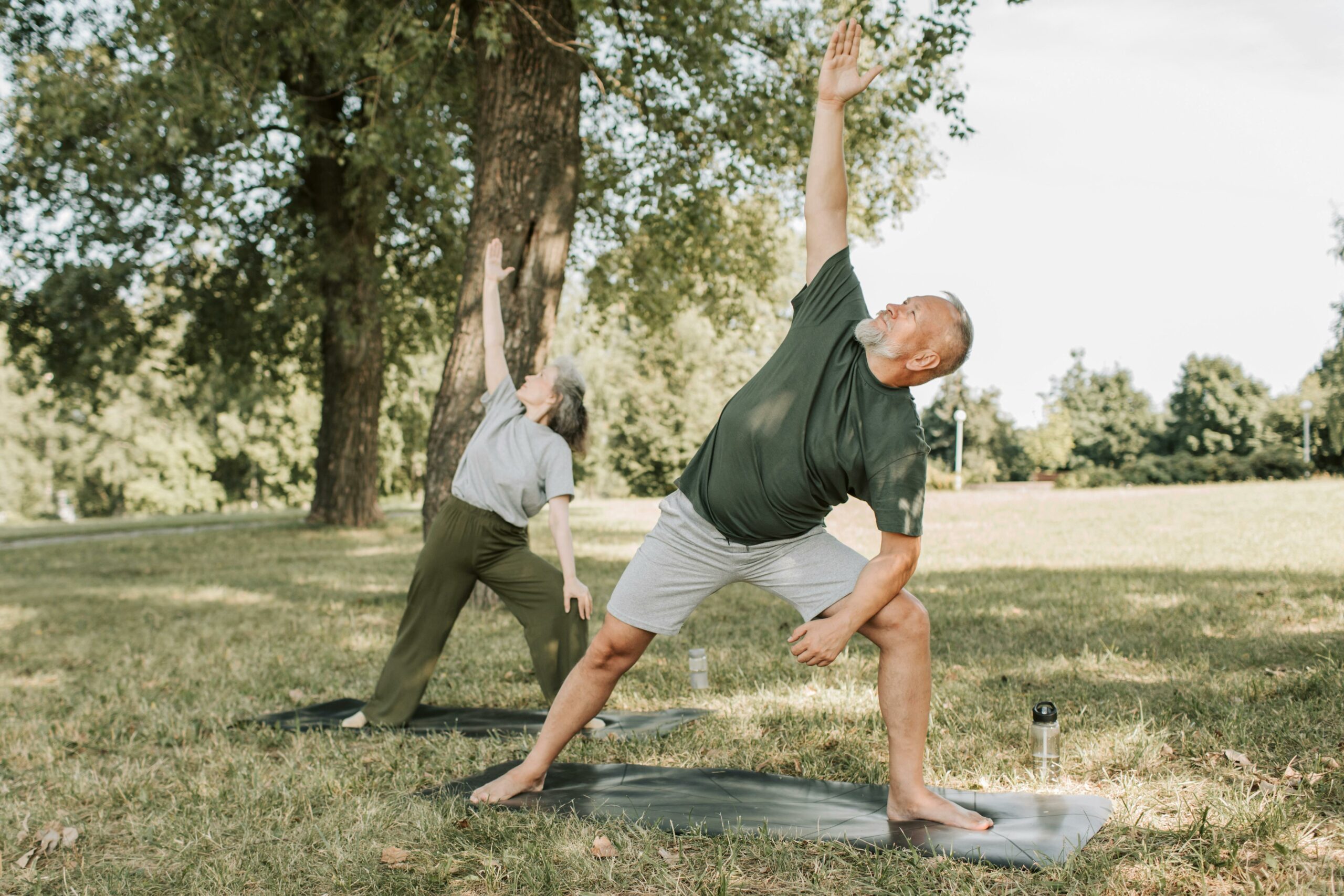Combatting the Winter Blues
We’re moving into a period of the year where we start to feel like hibernating during the Winter months, and this can really coincide with the ‘Winter blues’. This can manifest itself in a number of different ways, with feelings of low mood, tiredness and lethargy and an increased frequency of colds and coughs. We can also sometimes see a drop in mental focus and acuity. Thankfully there are interventions we can implement that can definitely help to ward off these feelings.
Stick to a sleep pattern – it’s really tempting to sleep in on dark mornings, but keeping to a consistent sleep/wake cycle is really important. Our body runs on internal clocks and systems, keeping these running timely keeps the body in harmony.
Reduce screen time in the evening – this will help to promote quality sleep. Most screens emit a blue light or a bright white light that contains blue light. It’s the color of the daytime sky. It tells the pineal gland in our brain that it is morning, time to be awake. That is one of the reasons it’s hard to sleep properly after staring at a screen (TV, computer or phone) all evening.
Daily movement and exercise – We all too often think that our movement and exercise is to solely help our physical being when in reality for many of us exercise provides a greater benefit to our mental health, with studies showing that exercise can have a positive influence on mood.
Complete small tasks – having some easy to accomplish tasks throughout the day is a postive way for acheiving quick wins. Sometimes monumental tasks at work or home can seem daunting and overwhelming, adding to the sense of underachievement and low mood.

Get outside – making the most of whatever Winter sun there is can help lift your mood, especially at midday or on brighter days. So, why not take a few minutes of your lunch break to walk outside? This is not only good for your mental health, but physical health, so it’s a win-win. If inside, try to sit by a window and open your blinds or curtains to allow natural sunlight in. And if you’re working from home, try to position your desk near a window.
Vitamin D – important for maintaining healthy bones and teeth, vitamin D is created by the body from direct sunlight on the skin when we’re outside. It can also be found in a small number of unfortified and fortified foods. Low levels of vitamin D have been found in people with SAD, so it might be worth adding a vitamin D supplement to your diet, particularly during October and March as, according to the NHS, it’s almost impossible to get enough vitamin D from sunlight alone during these months. Government advice is that everyone should consider taking a 10 microgram daily vitamin D supplement during autumn and winter.
Communicate and be around people – it’s good to talk. Communicating with others and talking about how you feel is vitally important and should be encouraged – you’ll be surprised how many people are feeling the same way. Join a group exercise class to meet like minded people, not only does it help you physically, but you’ll get the social benefit too.











